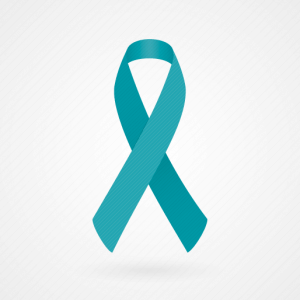The American Sexual Health Association (ASHA) and the National Cervical Cancer Coalition (NCCC) recognize January as Cervical Health Awareness Month and urge every woman to make a New Year’s resolution to talk to her healthcare provider about preventing cervical cancer.
Each year in the U.S. more than 12,000 women are diagnosed with cervical cancer, and more than 4,000 die as a result. Cervical cancer is a profound health equity issue: in both the U.S. and abroad the disease is linked strongly with poverty and lack of access to medical care, a fact all the more frustrating because screening tests and vaccines exist that give us the capacity to essentially eliminate the disease.
 “Provisions of the Patient Protection and Affordable Care Act (ACA) require insurance plans to cover cervical cancer screening tests at zero cost to women,” she said. Barclay also points out HPV vaccines, which are available for both males and females, are covered by the vast majority of health insurance plans. “Ensuring greater access to these tests and vaccines is not only the right thing to do, but also a wise, efficient way to spend our health care dollars,” she says.
“Provisions of the Patient Protection and Affordable Care Act (ACA) require insurance plans to cover cervical cancer screening tests at zero cost to women,” she said. Barclay also points out HPV vaccines, which are available for both males and females, are covered by the vast majority of health insurance plans. “Ensuring greater access to these tests and vaccines is not only the right thing to do, but also a wise, efficient way to spend our health care dollars,” she says.
Barclay advises, “There’s no single, simple solution to ending cervical cancer but it’s clear it involves more than just quality health care. When it comes to sexual and reproductive health we should be comfortable in our own skin, and have the confidence to seek the care and support we need.”
Source: www.nevadaappeal.com; January 7, 2015.







